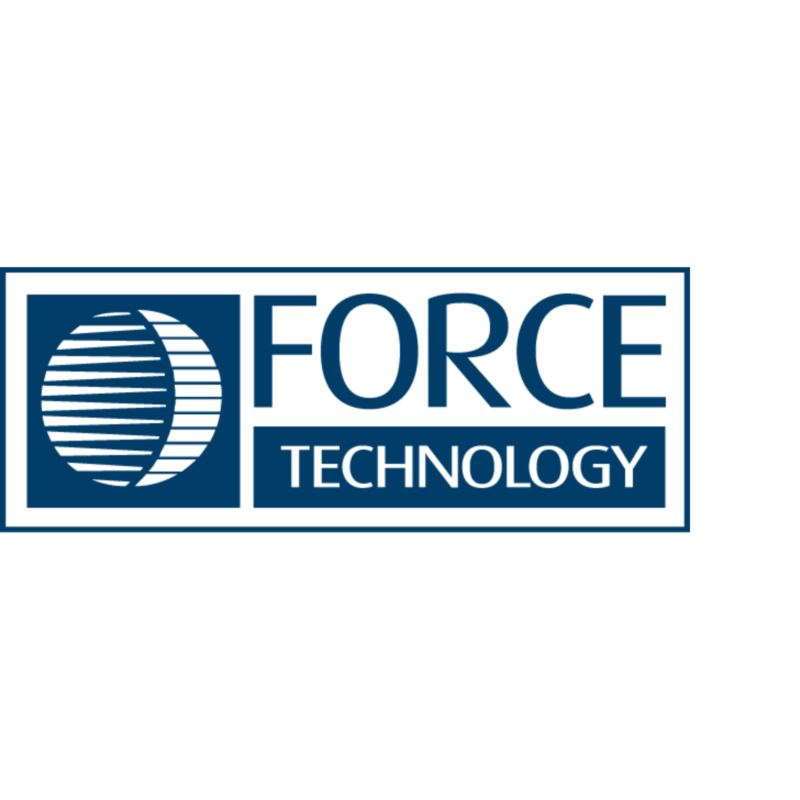The reality check: Most projects still rely on government money
Let’s start with the uncomfortable truth: nearly 80% of Dutch data sharing initiatives depend on government funding. This creates a financial sustainability problem that many in the data space community prefer not to discuss. What happens when the grants run out?
The good news is that sustainable models do exist. Take the Dutch mortgage network HDN. It’s been running for over 30 years with zero government support. Users pay a small fee per transaction. And this is simple economics. HDN handles live mortgage data every day, creating value through actual use rather than pilot activity.
Because the contrast is striking. The study results note that some newer initiatives call themselves “scaling,” but they are still in an early stage of real-world use. The CoE-DSC researchers had to dig deeper to separate genuine progress from wishful thinking.
Where data sharing takes hold
Healthcare, finance, and public services lead the pack in the Netherlands. But some unexpected sectors show real momentum. Logistics also has several active networks, and cybersecurity is represented by initiatives such as the NCSC within SecureNed. The cultural sector is starting to explore the concept as well. The Jewish Cultural Heritage Network has just begun developing a data space for Holocaust remembrance data. These examples show the breadth of interest across sectors, even if not all initiatives are operational yet.
The common thread is clear. Data spaces succeed where participants face genuine shared problems. Mortgage lenders need to verify information quickly. Healthcare providers must coordinate patient care. These aren’t abstract use cases. They’re daily operational needs, that justify the cost and complexity of data sharing infrastructure.
Why Dutch culture helps data sharing
The Dutch have a cultural advantage called the “Polder Model.” When facing a shared challenge, competitors sit down together to find solutions. This consensus-building approach runs deep in Dutch business culture. It explains why data sharing initiatives can get traditional rivals to participate in the same network.
The downside? Decisions take longer. Projects move at the pace of the most cautious participant. But the upside is durability. Once a consortium reaches consensus, it tends to stick around.
Words matter more than we think
The researchers noticed something important about how language shapes perception. The phrase “data sharing” can make people uneasy. It sounds like giving up control entirely. In discussions, terms like “data pooling” came up as a better alternative. It suggests cooperation while maintaining ownership rights.
This isn’t just semantics. This choice of words influences participation. When framed as a technical concept, data spaces can feel abstract and risky. When presented as a way to speed up mortgage approvals or reduce delays in logistics, participants are far more likely to commit.
What this means for other countries
The Dutch analysis reveals a hidden truth about data spaces globally. Many more initiatives exist than official surveys capture. Organizations don’t always recognize their data sharing activities as “data spaces.” They just see them as business tools that happen to involve shared data.
This suggests other countries have more data space activity than they realize. The challenge isn’t starting from zero. It’s identifying and connecting existing efforts.
Advanced initiatives focus heavily on cross-domain interoperability. They understand that a data space becomes more valuable when it connects to other data spaces or sources.
Building for the long term
The Dutch experience shows that sustainable data spaces need paying users, not just patient governments. The most durable initiatives solve real problems that participants will pay to solve. They focus on specific sectors where data sharing creates measurable value.
For the IDSA community, this research highlights the importance of looking beyond pilot projects and policy papers. Real data spaces exist today. They process real transactions and generate actual value. Understanding how they work provides a practical foundation for building tomorrow’s data economy. The Netherlands proves that data spaces can scale beyond academic concepts. Now other countries need to find their own sustainable models.
– – – – – – –
This presentation was originally shared during our Ecosystem Building Call, an exclusive session for members and data space users to exchange insights and learn more about the international data sharing ecosystem. If you are interested in joining these conversations and gaining access to the broader network, consider becoming an IDSA member or subscribing as a user.
Our Dutch colleagues will continue mapping this landscape. If you are part of a Dutch data space initiative, work with one, or know of one, you can support this effort by completing the survey. The information collected will also flow into the Data Spaces Radar.









